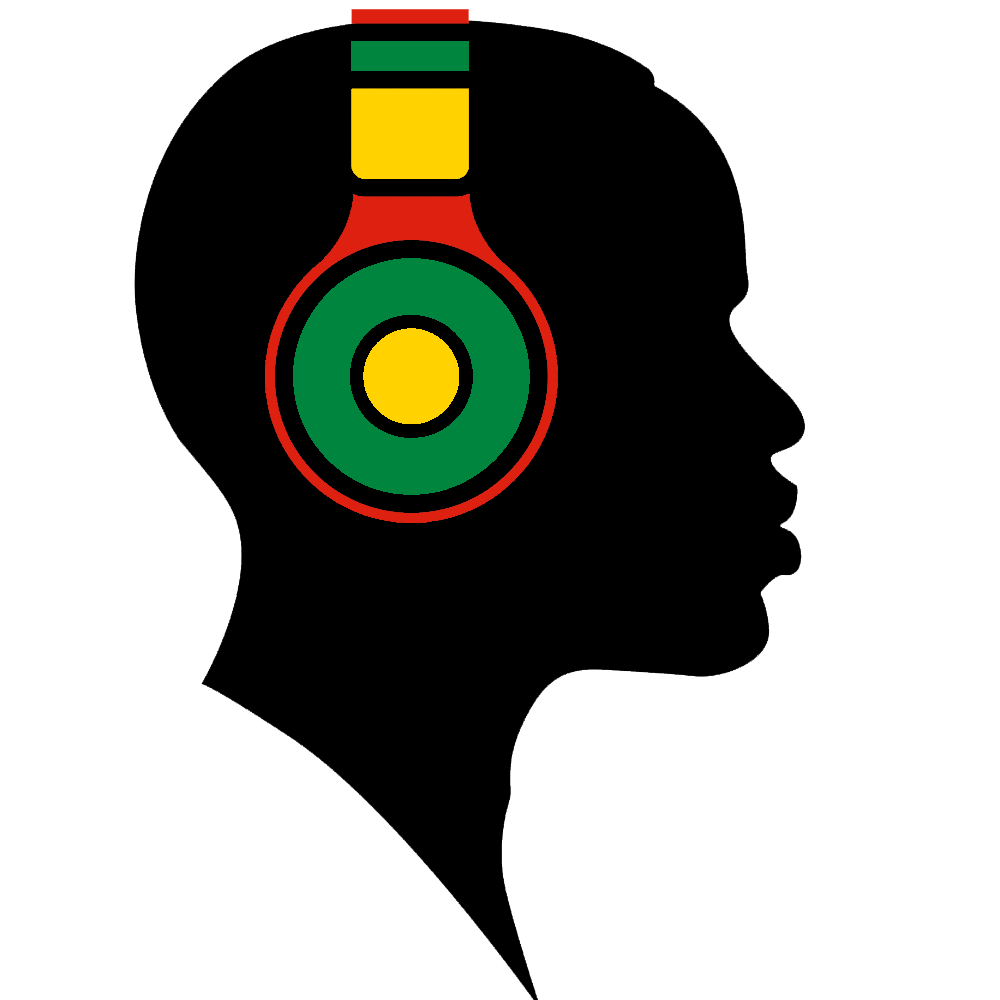Recently, I was having a conversation with both my brother and a very close mutual friend of ours who we’ve known since we were children. We had a conversation about our personal growths since our high school days (we attended the same high school) and I began telling them about my journey through self-hate and how I learned to embrace and love my identity — as a Black person, as a Nigerian.
My friend, who frequently takes after Neil Degrasse Tyson’s ideology on race, seemed to be dismissive of the concept of identities altogether. He brought up a documentary he watched some time ago (I never learned the name of it) which seemed to implicate both White people and Black people in the proliferation of racial violence and division in America. He then followed this up with a phrase commonly used during socio-political discussions, that you have probably heard many times before.
“At the end of the day, we’re all human beings.”
There was a brief moment of awkward silence. My brother and I just kinda looked at him like

“I mean, from a literal, biological standpoint: sure, we’re all humans…but what does that actually mean?” I asked.
Of course, this isn’t to judge my friend. If I’m being honest, it wasn’t that long ago that I shared the same sentiment. This discussion really made me think about why people view the concept of identity as “divisive,” and how my own perception of identity has drastically changed over the years.
Personally, I’ve only heard that phrase — “we’re all human” — when someone is trying to dismiss the role that a particular identity (mostly race) plays in society. I assume it’s intended to a be phrase of solidarity, an acknowledgement of a shared humanity that’s supposed to bring us all together and quell the social division that seems to be caused by our collective cognizance of racial/ethnic/sexual/gender/etc. differences. But considering that human beings’ shared “humanity” never stopped the proliferation of racism, or sexism, or any of the other -isms and -phobias, and currently isn’t stymieing the climate crisis that threatens humanity as a whole, what specifically is this point of solidarity?
I tried to help my friend understand that people’s acceptance and perpetuation of identity is, more often than not, a response to outside forces seeking to suppress said identity. For example, the White Power movement isn’t comparable to the Black Power movement because, among other things, one propagates racial oppression, while the other is a response that propagates racial empowerment.
This should go without saying, but there are people who don’t quite understand why people make a “big deal” about identity, representation, etc. Honestly, I understand because, like I said earlier, it wasn’t that long ago that I was a member of the “we’re all humans, racism is over” crowd.
What I’ve learned through my own experiences is that embracing identity is less about dividing humans based on our differences and more about acknowledging the ways that humans are similar. When my friends and I relate to each other as “Black” or “African,” we’re doing more than just distinguishing ourselves from the rest of humanity based on our phenotype or geographical descendancy. We’re recognizing our similar experiences, similar upbringings, similar customs, similar cuisines, similar senses of humor, similar struggles, etc. in a way that relating merely as “humans” doesn’t fully encapsulate.


Yes! To all of this
LikeLiked by 1 person